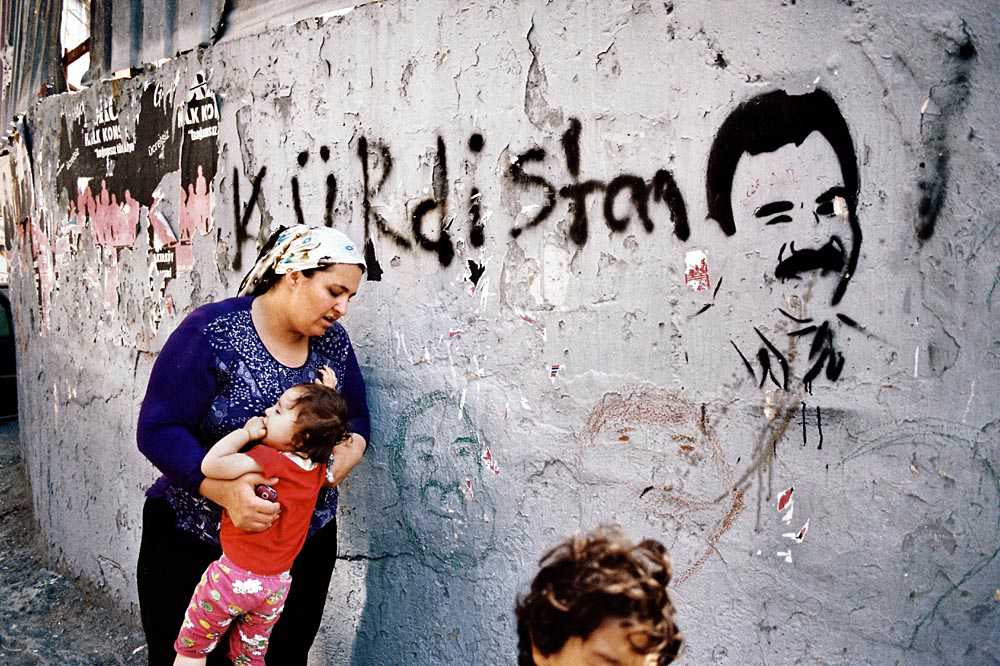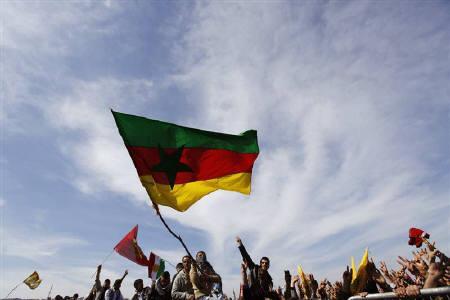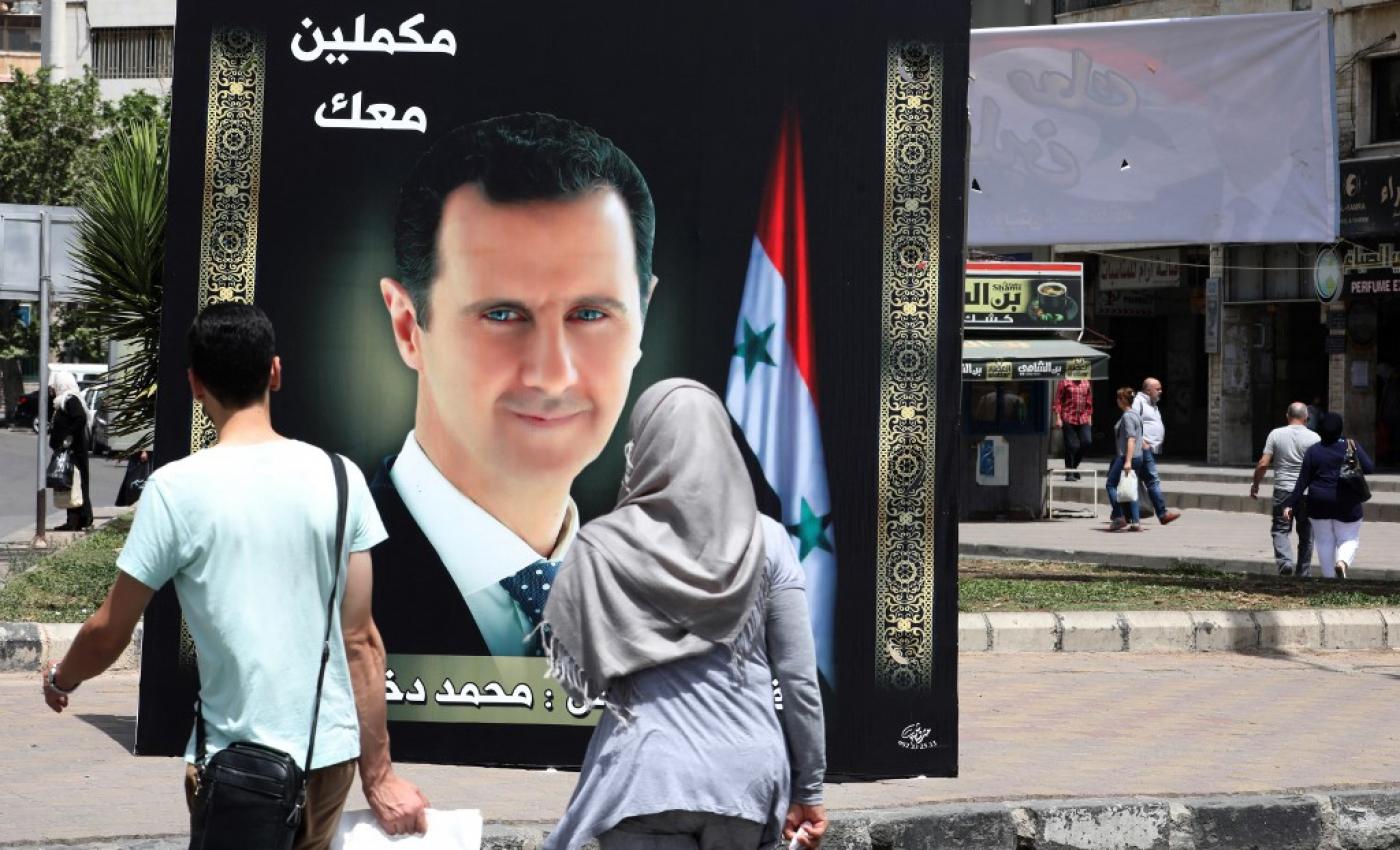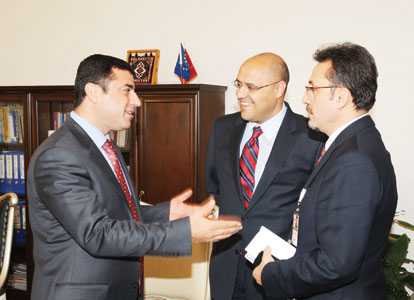Text : Fadime Deli
Pictures : Guillaume Poli

Tarlabasi, Istanbul – July 2011. Kurdistan litterally means “the country of the Kurds” and the effigy of Abdullah Ocalan, the PKK Leader, shows the desire of independence of the Kurds from Tarlabasi.
The Tarlabasi quarter is located in the heart of Beyoglu, the city center of Istanbul. A stone’s throw away, Istiklal Avenue whose expensive buildings, trendy shops and a million of visitors each week earned it the nickname of the “Champs Elysées” of Istanbul.
Muslim graveyards originally stood in the Tarlabasi quarter. The setting up of new embassies as well as the building of houses with gardens nearby required domestic staff and favoured its expansion. Up to the 1850s, the lodgings were destined to the Armenian personnel employed by the Levantines. This « dormitory » area transformed itself in a residential neighbourhood with its shops and stores.
From 1960, Tarlabasi became one of the various settling places for the poor migrants from inner Turkey, searching for cheap lodgings. The degrading neighbourhood became heavily stigmatized by the authorities.
Tarlabasi transformed itself with the massive influx of Kurdish migrants coming from the South East of Turkey at the beginning of the 1990s.
These Kurdish families who have been evicted from their villages for “safety reasons” and to stop conflicts between the Kurdish activists and the Turkish military, have come to settle in Tarlabasi out of necessity and in great emergency. Since then, they have been living in extremely precarious conditions : the adults may only have access to the lowest jobs. The children participate into the family’s revenue by selling stuffed mussles, handkerchieves, water, roses….These latter suffer from a double severing through forced migration and their being outside the school system.
These migrants from the inside who are still hoping to go back to their lands, end up by investing Tarlabasi, which has become today the poor population from the countryside’s area. Nevertheless, a rehabilitation project is threatening them of a planned eviction.
Dondu was born in 1941 in Sivas in the North East of Turkey. Because of the armed conflict between the Kurds and the Turks, she was forced to leave her hometown with her family and joined Istanbul in 1984. Out of her seven children, her daughter Dilek and her son Yusuf joined the guerilla in 1994. Dilek was killed a year later and Yusuf lost his life in 2000. Despite all this, Dondu wants to believe in a peaceful Kurdistan.
Tarlabasi, Istanbul – July 2011. Meeting of the legal kurdish party (BDP) . Some demonstrators are waving flags with the effigy of the illegal kurdish party (PKK) forbidden since 1993.
Tarlabasi, Istanbul – July 2011. Office of the legal kurdish party (BDP). The portrait of Abdullah Ocalan conveys a proximity with the Illegal Kurdish party.
Tarlabasi, Istanbul – July 2011. A majority of the Kurds have only access to the lowest jobs. Many men work in building sites and are notwithstanding themselves the actors of a rehabilitation that will lead to their own eviction from the area.
Tarlabasi, Istanbul – july 2011. Hamdullah’s family comes from Mardin, a small town in South East Turkey. After his job as a truck driver became no longer financially viable, he decided to leave for Istanbul and settled there in 2008. Since then, he has been a taxi driver and dreams of going back to Mardin. But the lack of safety in Kurdistan doesn’t allow it.
Tarlabasi, Istanbul – July 2011.
Tarlabasi, Istanbul – July 2011. The Kurdish workers face discrimination as they are paid less than the Turks for the same jobs.
Tarlabasi, Istanbul – July 2011. The newspaper « Democratic Society » is issued by the legal Kurdish party (BDP). The back cover relates the story of Evrim Demir’s death, a young Kurdish woman who immolated herself because she could not bear the anti-Kurdish policy carried out in Eastern Turkey.
Tarlabasi, Istanbul – July 2011. Meeting of the legal Kurdish party (BDP). The inhabitants of the area are playing Kurdish songs. On the wall, the inscription “long life to the uncle” is dedicated to Abdullah Ocalan, leader of the illegal Kurdish party who has been in jail since 1999 on Imrali island.
Tarlabasi, Istanbul – July 2011. Meeting of the legal Kurdish party (BDP). The posters are about Evrim Demir’s suicide. They read « Through this deed, I want to be the voice of peace. »
In 1994, the illegal Kurdish party (PKK) broke off the truce and went back to armed struggle. Since then, 37 000 people have died and more than 2 million have been displaced following the destruction of many Kurdish villages by the Turkish armed forces.
Tarlabasi, Istanbul – July 2011. The current inhabitants are undergoing the “gentrification” of the quarter. It will become the new area in vogue for rich families and for the ever growing number of tourists.
Tarlabasi, Istanbul – July 2011. Popular phrases and political posters calling for the celebration of the Kurdish new year “Newroz” mingle on the walls of the neighbourhood.
Tarlabasi, Istanbul – July 2011. After recurring insecurity problems in the East of Turkey, Ômer decided to leave Mardin in 2002 for Istanbul, then he bought this little local where the Kurdish gather to play cards and watch the news.
Tarlabasi, Istanbul – July 2011.
Tarlabasi, Istanbul – July 2011. Ilhan (on the left) has been attacked by Turkish nationalists in front of the Tarlabasi legal party’s office. But this incident hasn’t impact his will to push forward the rights of kurdish people.
Tarlabasi, Istanbul – July 2011.
Tarlabasi, Istanbul – July 2011. Members and supporters of the legal Kurdish party (BDP). In the background signs call for the cessation of the Turkish military operations.
Tarlabasi, Istanbul – July 2011. Harun (on the right) and his family are from Mardin in the South East of Turkey. In 2007, the Turkish military gave him the choice : either stay and fight the Kurdish activists or leave. He could not resolve to fight his peers and left Mardin for Istanbul.







